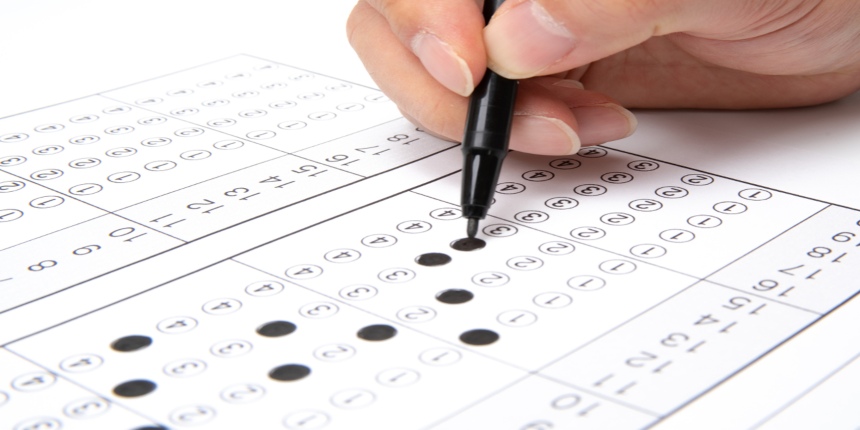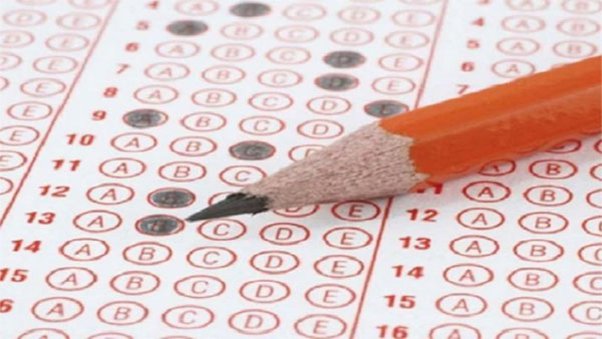Balancing efficiency and accuracy is the key to effective student assessment
By Aubaid Akhoon
While OMR-based exams may offer efficiency, subjective exams are regarded as more comprehensive in evaluating a student’s learning. The selection of an appropriate assessment method in education is a critical decision that necessitates careful consideration of several factors such as efficiency, accuracy, and subject matter complexity. OMR-Based or Subjective Exams?
One assessment method that has gained popularity in recent years is the use of Optical Mark Recognition (OMR) based exams. These exams utilize multiple-choice questions and automated scanning technology, reducing the time and costs associated with grading. OMR-based exams offer an efficient way to evaluate student knowledge in subjects such as math and science, where there are clear right and wrong answers. However, these exams may not be suitable for assessing higher-order thinking skills or a student’s ability to communicate effectively.
On the other hand, subjective exams require students to provide detailed responses, demonstrating their understanding of complex concepts and critical thinking skills. These exams are particularly useful in subjects such as literature, philosophy, and social sciences. While subjective exams may be more time-consuming to grade, they offer a more comprehensive assessment of a student’s learning.

So, how can educators balance the need for efficiency and accuracy when choosing an assessment method? The key is to consider the learning objectives and the nature of the subject matter. For instance, OMR-based exams may be more suitable for assessing basic knowledge and understanding, while subjective exams may be more appropriate for assessing higher-order thinking skills and complex concepts.
It is important to note that each assessment method has its own limitations. OMR-based exams may be subject to human error during the design phase, leading to poorly written questions or answer choices. Additionally, subjective exams may be subject to grading biases, requiring additional checks and balances to ensure fairness and objectivity.
By prioritizing the learning objectives and considering the nature of the subject matter, educators can choose the most appropriate assessment method for their students.
To ensure the accuracy and effectiveness of assessments, educators should consider using a combination of assessment methods, including both OMR-based and subjective exams. This approach can provide a well-rounded assessment of student learning, supporting their development and growth.
By prioritizing the learning objectives and considering the nature of the subject matter, educators can choose the most appropriate assessment method for their students. Moreover, by balancing efficiency and accuracy and using a variety of assessment methods, educators can provide a comprehensive evaluation of their students’ progress and support their overall academic success.
Selecting the appropriate assessment method is crucial to ensure effective education. While OMR-based exams provide efficiency and cost-effectiveness, subjective exams offer a more holistic evaluation of a student’s learning. By thoughtfully considering the learning objectives and subject matter, educators can strike a balance between efficiency and accuracy, resulting in valuable insights into student learning and supporting their academic growth.
Employing a combination of assessment methods can yield a well-rounded evaluation of a student’s learning, which can help to identify their strengths and areas that need improvement. Using different types of assessments, such as objective and subjective exams, can provide a more comprehensive understanding of a student’s abilities and potential.
Overall, educators must consider the nature of the subject matter and the learning objectives when selecting an assessment method. A balanced approach to assessment can help to ensure that students receive an effective education that supports their growth and development.
The views expressed in this article are solely those of the author and do not necessarily reflect the opinions or views of this newspaper


Comments are closed.